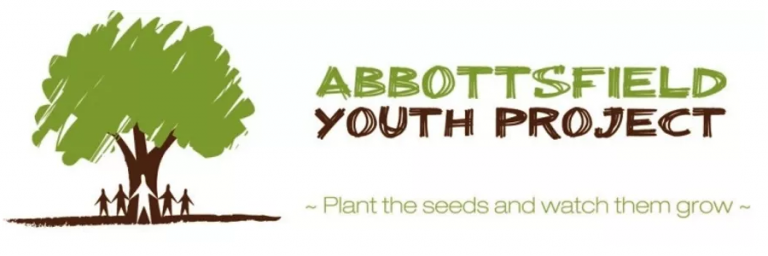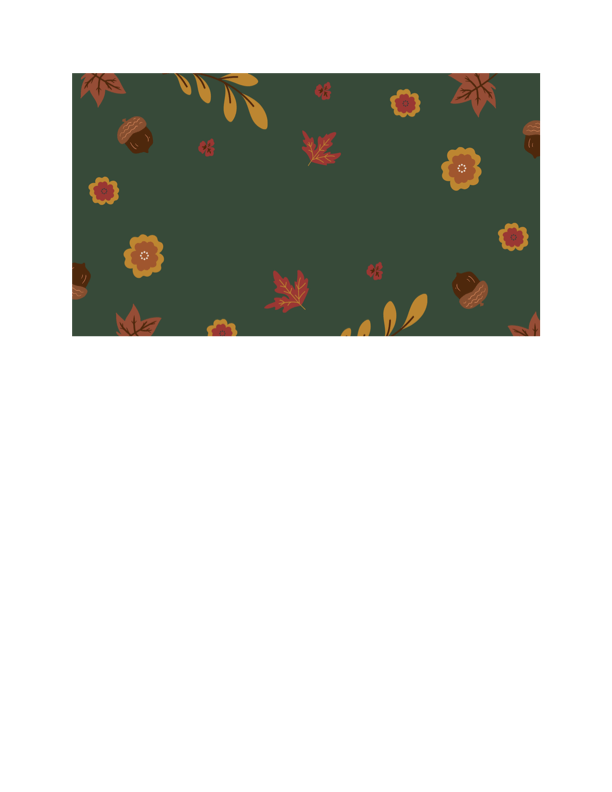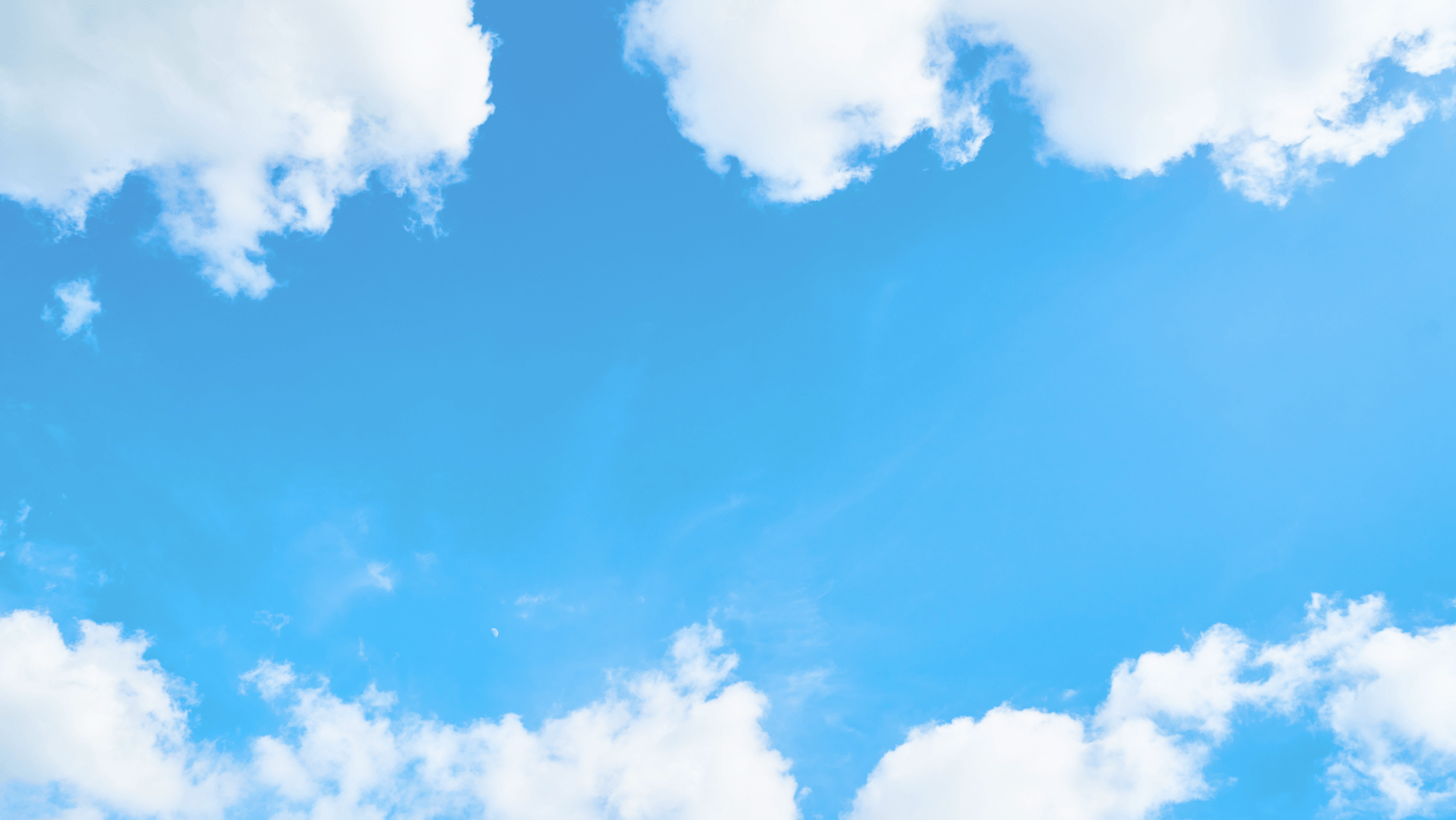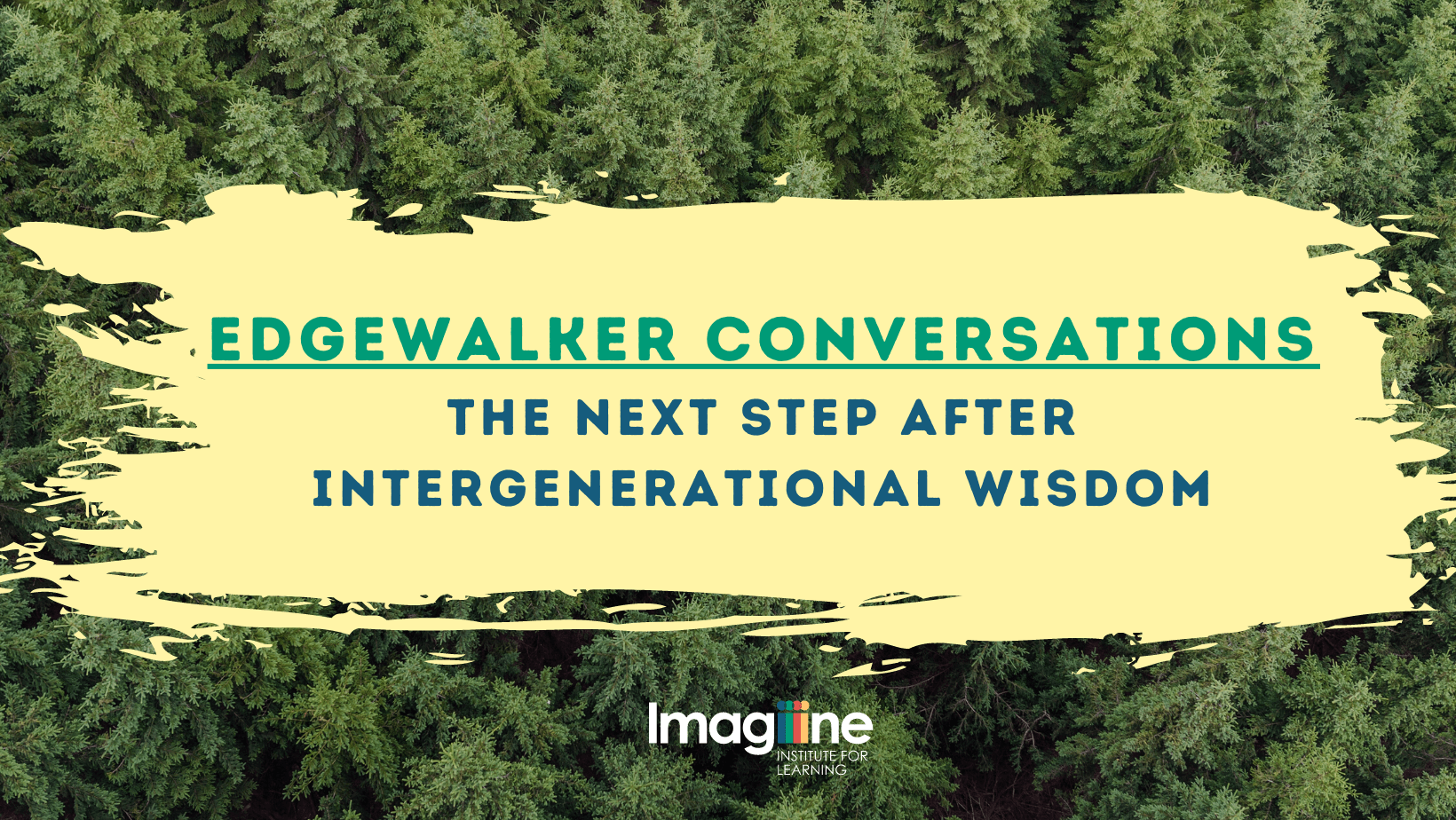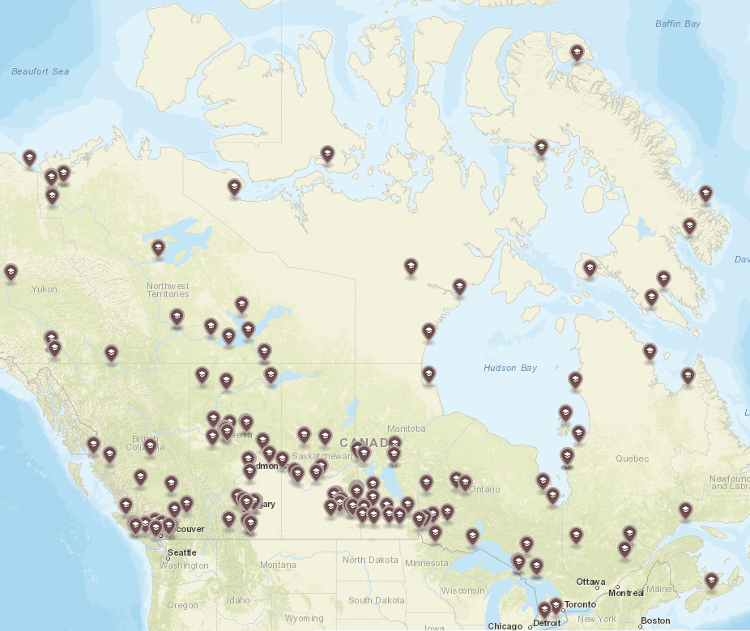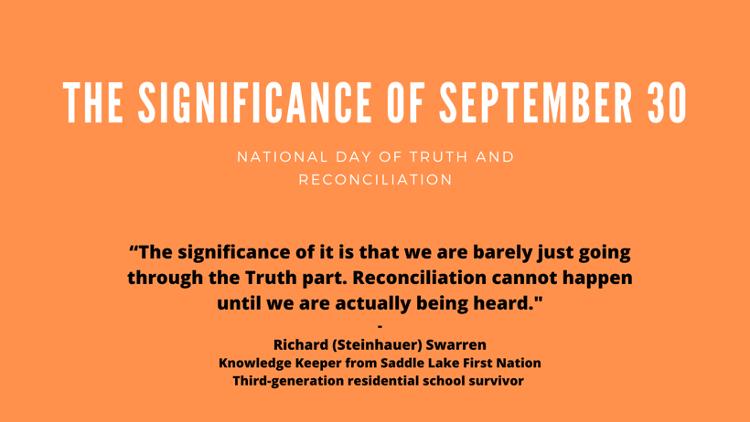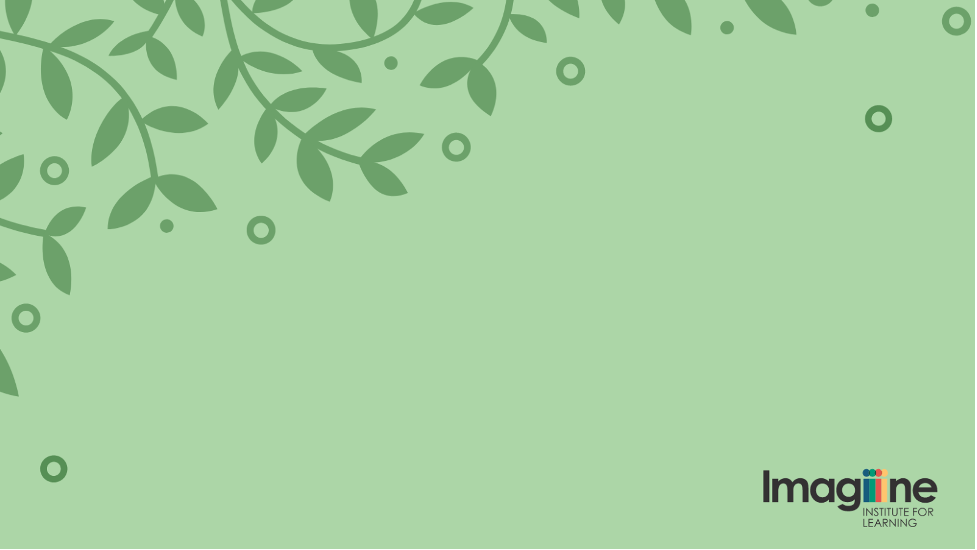
Heather Boonstra has recently joined the Imagine Team as our Reflective Practitioner. You may be wondering what exactly a Reflective Practitioner is and to be honest, our team is continually learning as we move forward. This is a truly unique position, and to our knowledge, we are the first non-profit in our sector who has fully integrated this role into our organization. To better explain just what a Reflective Practitioner does, check out this interview with Heather. Why is reflective practice so valuable for individuals and organizations? I just want to start off by saying that I think many people are already engaging in reflective practice, they just may not call it that. I remember the first time I heard about reflective practice training and asked my supervisor if I could attend. She told me that I didn’t need to go because I was already doing it – but what exactly was I doing? I didn’t know! It turns out that what I was doing without realizing that it was good practice, was asking questions of myself, my coworkers and of the families we were supporting; questions that asked us to dig a little deeper into the impact that our words, actions, behaviours and decisions were having on ourselves and those around us. Conversations like this can only take place in an environment of trust because they require a certain level of vulnerability. I believe that intentional, mindful and consistent reflective practice is critical for individuals and organizations who are not merely curious about consequences and impact, but who are committed to adapting what they say and do based on what they learn. What is a Reflective Practitioner? What do you do on a day-to-day basis? As a Reflective Practitioner, I get to bring intentionality and consistency to the questions Imagine asks of themselves and their stakeholders (for example, their participants, funders, community members). I have the honour of watching and listening to this incredibly skilled and passionate team as they create, deliver, reflect, iterate, and then do it all over again based on what they learn. I support Imagine in their collecting and reporting of meaningful, purposeful, culturally responsive data, while at the same time, reminding them that their work also has an impact on their own hearts and minds that they need to pay attention to. Day to day, you can find me working on data collection spreadsheets, developing evaluation questions and frameworks, reading articles on promising evaluation practices and methods, having conversations with Imagine team members (my favourite thing about my job!) and asking reflective questions of myself to help me see what we might be missing, and what else might be important for Imagine to understand. Where did the idea for this position come from? What is the overall vision for the position? The Reflective Practitioner role was born out of Line (Imagine’s Executive Director) and her team placing a high value on evaluation being a naturally occurring part of what they do every day, rather than it being a cumbersome task that they must do. At an Imagine team meeting one day, I expressed that I was having some discomfort with being referred to as “the evaluator” because for this specific work I was doing, it just didn’t sit right with me. I was concerned that people might feel like I was doing something to them, rather than with them, which is the opposite of Imagine’s practice. After some discussion (a very “reflective practice-y” discussion I might add), Line exclaimed, “I think you are our Reflective Practitioner!” This position is brand new, and we are figuring it out as we test it, talk about it, change it and test it again, which makes it beautifully aligned with Imagine’s iterative process philosophy and values of integrity and responsiveness…and that is the overall vision. Robust, trauma-informed, culturally responsive evaluation and reporting, within a culture of reflective inquiry and continuous improvement. What experiences and wisdom do you bring to this role? Ok – I cannot answer this question without first expressing my heartfelt gratitude. I have been so very fortunate over the years to have been surrounded by the cream of the crop work families, colleagues and community champions! They have had my back, supported and encouraged my dreaming, put up with my mess-ups (there have been many), and have “challenged the process” (Kouzes & Pozner) when I needed to be reeled in from the clouds and needed reminders to slow down. I have had 30+ years' worth of individuals, families, children, youth and seniors allowing me to share in their lives and become a small part of their stories. So many of them occupy my thoughts even today because the lessons they taught me are what have equipped me to do what I do now. If I think specifically about my evaluation experiences, a pivotal point for me was when I attended a workshop almost 25 years ago. The presenter, who I am fortunate enough to be able to now call a friend, taught me that evaluation is a form of storytelling. That was a huge shift in my thinking, and one that I needed, as my experience with evaluation to that point had been that evaluation was only about outputs and that there was no room for stories of impact. I thought that that was just the way evaluation was and that I would never enjoy it, because it only told part of the story. I am so glad I was wrong! How do you think other organizations could incorporate aspects of this position into the work they do? I think that the first and most important step to incorporating aspects of this position into an organization’s practice would be to slow right down. This requires consistent intentionality. You will never be able to check this off of your To Do List and call it complete. To slow down and pause, is to be able to notice. To consider. To reflect. To ask questions and look at things from different perspectives. It will always be important to incorporate slowing down into your organization’s culture and to be able to give gentle reminders to one another when the busy-ness of your lives puts you on the hamster wheel! That, coupled with participating in reflective practice and evaluation learning opportunities, and you are well on your way! Please feel welcome to connect with me any time at heather@imagineinstitute.c a with your thoughts or questions!
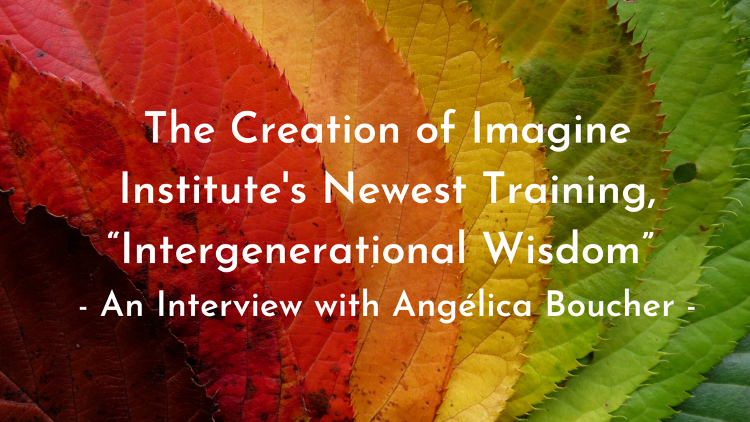
(photo above - Angélica and her family at a pow-wow) To celebrate the release of our newest training, Intergenerational Wisdom, Angélica Boucher explains the research, connection, and understanding that went into developing a project of this significance. So Angélica, what is Intergenerational Wisdom? Intergenerational Wisdom can be described as the sharing and transmission of knowledge, beliefs, and experiences from one generation to the next. Part of this includes intergenerational trauma where trauma and pain are transmitted through generations. However, there is more to intergenerational wisdom than passing on the hurt; it also includes the transmission of hope, strength, and resilience, which helps break the cycle of trauma. So, by thinking of this as intergenerational wisdom instead of simply intergenerational trauma, it provides a lens where healing is possible despite the hurt that occurred. It allows for hope and strength to transpire. Can you tell us about your process for creating this training? This training was built with the belief that there is resilience in education. Through the sharing of knowledge, it is possible to learn, grow, and find the capacity to create stronger relationships and a healthier future for everyone residing on the lands we share. To create this training in a respectful and authentic way, it was important for me to include the voices of Elders, Knowledge Keepers, and Indigenous community members on topics related to intergenerational wisdom. I spent a lot of time reaching out to community members, building relationships, and interviewing these amazing individuals to be able to incorporate their perspective and wisdom into the training. These interviews were recorded, and I then spent hours creating short videos to add throughout the training, so that their perspectives can be shared in their own voices. I am eternally grateful for the stories and wisdom that was shared through these conversations, and the amount of trust and bravery it took for these generous individuals to share their stories for this training. Creating this training also took a lot of research, compiling information on various topics, including the mental health and physiological impacts of intergenerational trauma and historical trauma, the modes of transmission (genetic, family dynamics, learning and modelling, sociocultural), resilience, and cultural pride. I also read the literature that focused more on how mental health is culturally seen by Indigenous peoples so that I could use a language that is representative of Indigenous world views. I have also compiled documents, documentaries, and research on the events that led to the traumatization of Indigenous communities, which were difficult to read, but was a necessary part of the work. How did you connect with the content that you wanted to share ? Through my family, especially my little brother and my great-grand-parents. I believe that my great-grandparents sent me this job to do, in their memory, as my great-grandpa Eugène Joseph Bédard was part First Native but could not allow that part of himself to exist. For me, doing this training was a way to learn and to connect with him. As people will find out by attending my training, my family was impacted in some ways by intergenerational trauma, especially my little brother. I would say that out of all of us, he is the one that has been wounded by it the most. Yet, despite all the awful things that happened to him in his little life, and despite how many things he struggles with every day, he remains hopeful. He continues to strive to get up and do better the next day. He is my inspiration for the main message of this training, that through all the pain that occurred, there is hope and resilience and that those elements can be shared. As you were working on this training, what inspired you? There were parts of this training that were extremely difficult to create. There were times where tears were shed and other times where my frustration was overwhelming. This is because to understand the current impact of intergenerational trauma on Indigenous peoples, I had to research where the trauma started, and I had to read about the monster that is colonialism. It could get really heavy, especially when thinking of my great-grandfather and the people I’ve built relationships with. What helped me keep going are the conversations I had with community members. They’ve all experienced the impact of historical trauma firsthand and yet, they were all able to identify hope and sources of resilience. It shows the strength. So, while creating this training, I thought of them, and how I want to be able to facilitate this understanding from the rest of Canada or Turtle Island. I hope that I’ve been able to accomplish that and can make them proud. What is something that you learned while researching this training that surprised you? I think that overall, reading the literature has given me a greater appreciation for the important role that communication plays in our lives. As I will explain in greater detail in the training, communication styles between family members can have a huge impact on whether trauma is transmitted or whether sources of resilience can stem from it. Communication styles can change a child’s worldview to a negative and fearful one and can impact behaviour. On the other hand, the lessons found through storytelling, the reconnection to culture and languages (and thus community), and optimism in communication can help people stand up against the trauma. What is your favourite thing about this Intergenerational Wisdom training? My favourite part of this training is the authenticity and that I was able to be creative with it. There is a universality to it, as the science behind intergenerational wisdom and trauma is applicable to any family or group that has experienced a deep wounding. Yet, I love that I was able to weave my family’s story and the story of others throughout this training. My hope is that it will be humanizing experience and that people will be able to connect with the stories shared on a human level. Who do you think would best benefit from taking this training? Anyone, as long as they are coming to the training with an open heart. Truly, this information can help us all as a society to treat one another with more kindness and generosity. It provides a new understanding on the world surrounding us, that the people we see who are wounded or struggling may not only be dealing with their own trauma, but one that may have started generations ago. I think the training will also increase people’s sensitivity to the struggles created by colonialism and therefore encourage non-Indigenous folks to become true allies. I hope that it also changes the stereotypical view of Indigenous peoples as a “broken” people through an understanding that centres strength and resilience. On a personal level, I think this training can also give hope to some people that might feel stuck within the intergenerational trauma of their own families. By being better educated on these subjects, it allows us to have a greater understanding of ourselves and others and from there, a route to move forward. ___________________________________________________________________________________ Thanks to Angélica for sharing her process and findings. It is truly special to have a peek behind the curtain at all the work and research that goes into developing a multi-day training. This session builds off our popular and foundational Trauma-Informed Care and takes on an Indigenous perspective. It includes a combination of science and narratives, allowing for an informative and humanizing experience. We hope you can join us for a two-day Intergenerational Wisdom training in the new year. The first scheduled session runs January 21 and 22, 2022. (interview by Brianne Burritt)
